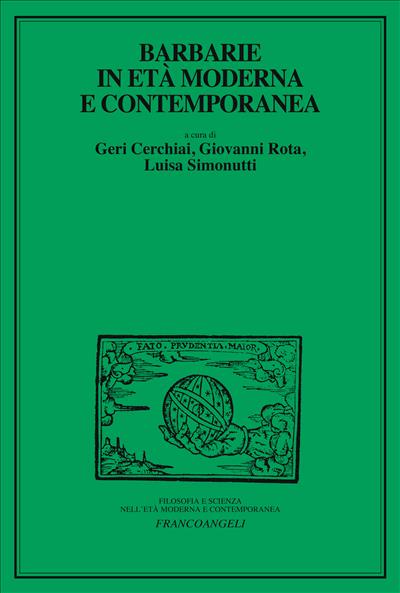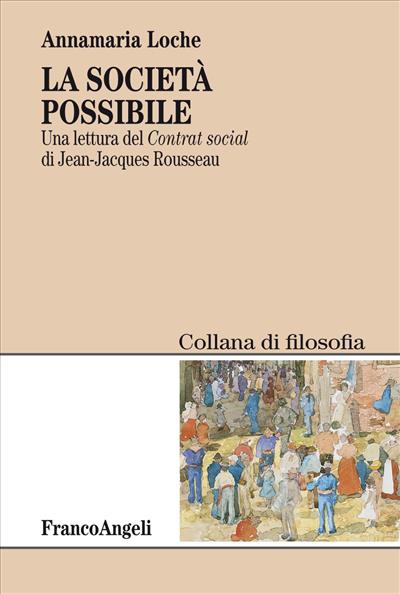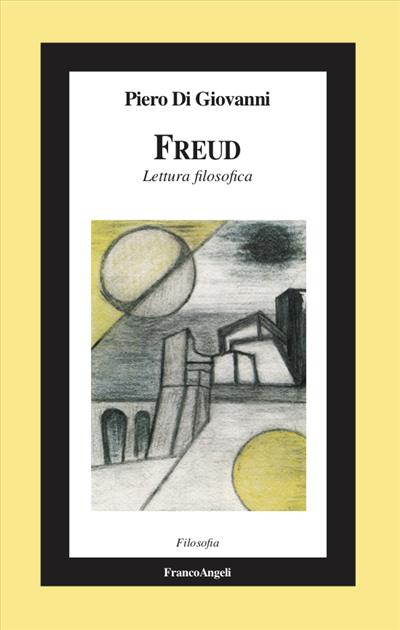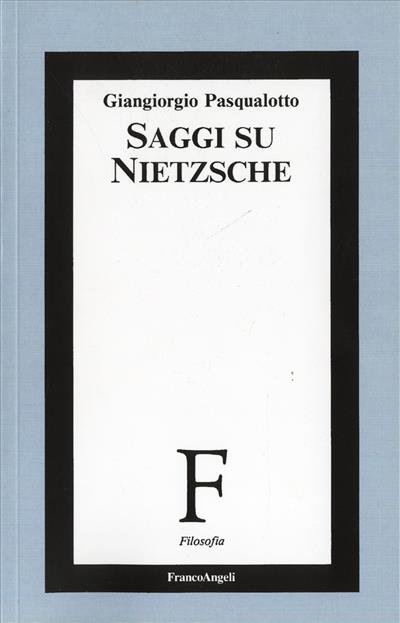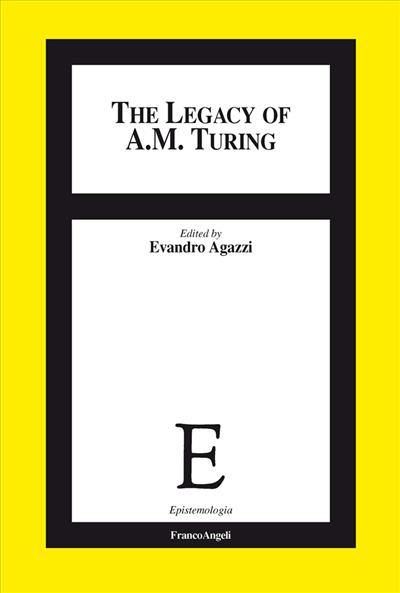
A cura di: Evandro Agazzi
The legacy of A. M. Turing
The papers collected in the present book deal with some of the most salient aspects of Turing’s whole work.
Edizione a stampa
25,00
Edizione a stampa
25,00
Pagine: 208
ISBN: 9788820439910
Edizione: 1a edizione 2013
Codice editore: 490.104
Disponibilità: Discreta
PDF con DRM
19,99
PDF con DRM
19,99
Pagine: 208
ISBN: 9788856873405
Edizione:1a edizione 2013
Codice editore: 490.104
Possibilità di stampa: No
Possibilità di copia: No
Possibilità di annotazione: Sì
Formato: PDF con DRM per Digital Editions
